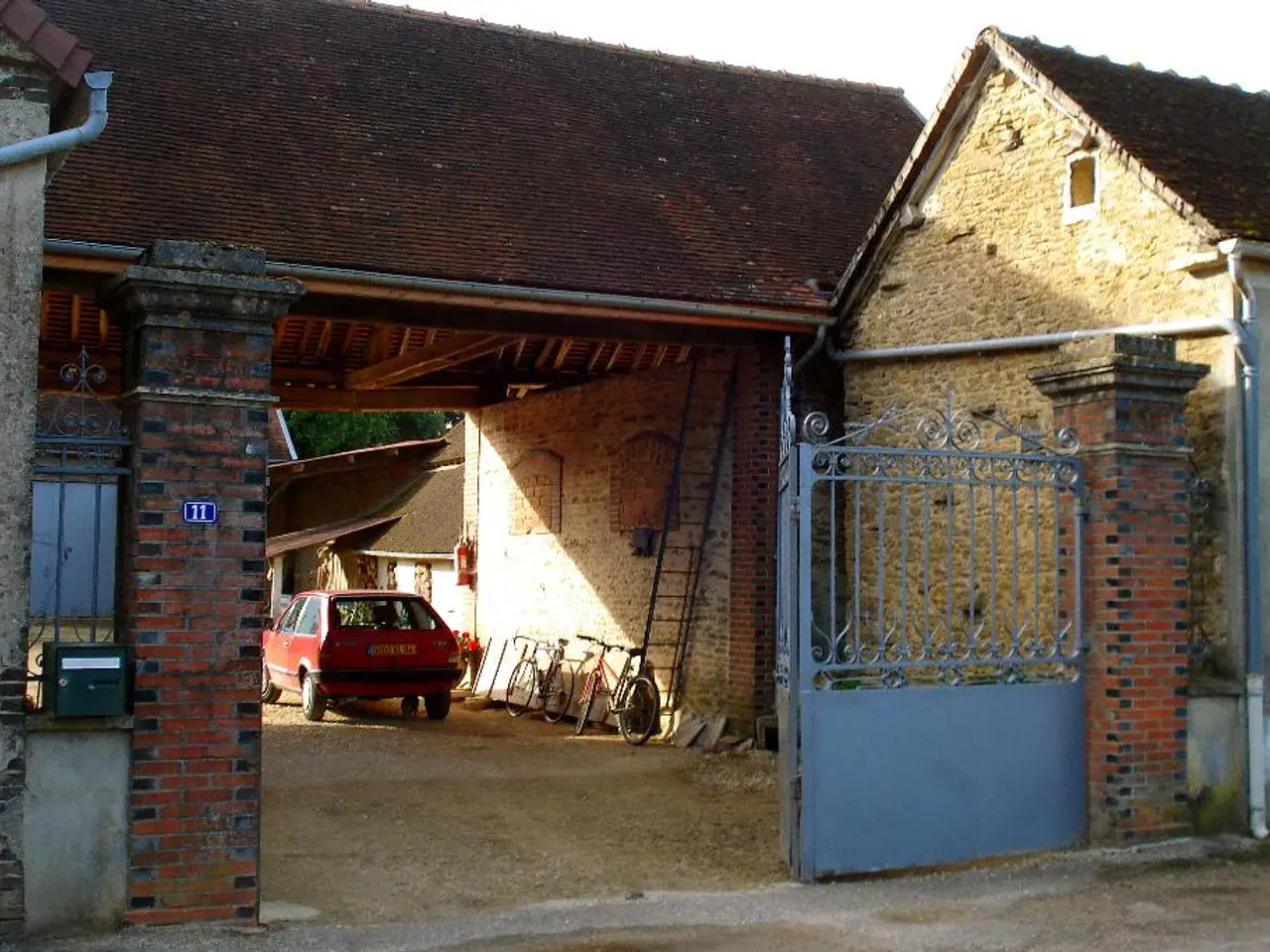Airport project management will be overseen by Eugénio Fernandes
The Portuguese Government has taken a significant step towards addressing the growing demand for airport capacity in the Lisbon region. On May 14, 2024, a decree signed by the Minister of Infrastructure and Housing, Miguel Pinto Luz, officially approved the construction of a new airport.
The management and monitoring of matters related to this project will be overseen by the newly created EGAPA mission. This mission, established through a January Resolution of the Council of Ministers, aims to increase airport capacity and construct the new Lisbon airport.
Eugénio Fernandes has been appointed as the coordinator of airport project management, specifically for the new Lisbon airport project. His role involves leading and supervising the development and construction activities associated with the new airport. Fernandes brings extensive experience to the table, having served as administrator and executive president at Euroatlantic Airways and Airplus (Mozambique).
The location for the new airport has been confirmed as the Alcochete Shooting Range. It is worth noting that the construction of the new airport is not mentioned as being within the context of the concession contracts signed between the Portuguese State and ANA - Airports of Portugal. However, the EGAPA mission will ensure the current management of the remaining rights and obligations provided for in these contracts.
The Independent Technical Commission (CTI) made a recommendation for the construction of the new airport, and the approval of the new airport was based on this recommendation. The specific tasks and objectives of the EGAPA mission were not specified, but it is understood that the mission will oversee the construction process until the Institute of Mobility and Transport (IMT) is adequately equipped to assume this mission.
The construction of the new airport marks a significant investment in the country's infrastructure and is expected to boost the economy by creating jobs and stimulating tourism. The exact timeline for the completion of the project has not been disclosed, but the Government has expressed its commitment to ensuring the timely delivery of this much-needed infrastructure.
As the project progresses, the public will be kept informed about the latest developments through regular updates from the EGAPA mission and the Portuguese Government. The construction of the new airport is a testament to the Government's commitment to improving the country's infrastructure and meeting the growing demand for airport capacity in the Lisbon region.
The construction of the new airport, a significant investment in Portugal's infrastructure, will undoubtedly stimulate growth in industries such as transportation and finance, which are anticipated to benefit from the increased airport capacity. Concurrently, France, with its robust expertise in airport management and development, could potentially collaborate with the EGAPA mission in overseeing the project.




